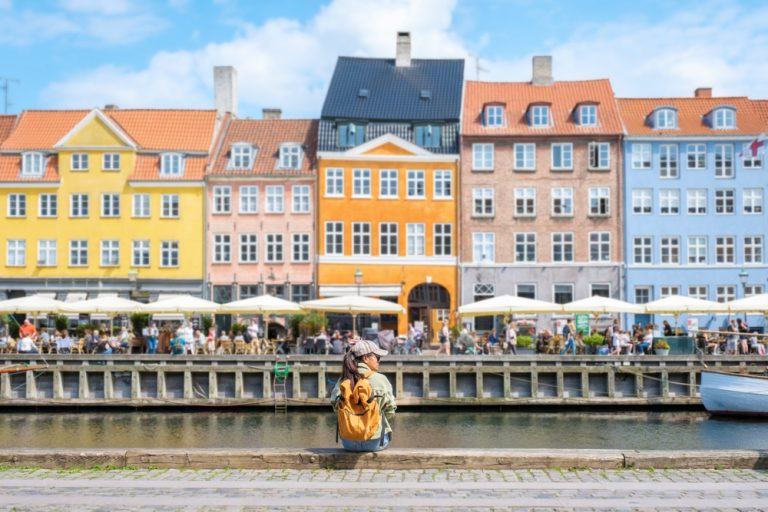Vienna falls to second as global stability declines
Copenhagen has officially been named the world’s most liveable city in 2025, ending Vienna’s three-year reign at the top of the Economist Intelligence Unit’s (EIU) annual Global Liveability Index. The Danish capital scored perfect marks for stability, infrastructure, and education, placing it ahead of Vienna and Zurich, which tied for second place.
EIU analysts rated 173 cities based on healthcare, education, stability, infrastructure, and environment. While Vienna performed well across most categories, a notable drop in its stability score—linked to security incidents such as a bomb threat at a Taylor Swift concert—cost it the top position.
Top rankings dominated by Europe and Oceania
Melbourne retained its fourth-place ranking, followed by Geneva in fifth. Sydney moved up to sixth, while Osaka and Auckland shared seventh place. Australia continued to stand out, with Adelaide securing ninth. Vancouver rounded out the top 10, remaining the highest-ranked city in North America.
The EIU noted that global liveability scores have remained flat overall, but political unrest and strained public services have affected some regions more than others. “Stability scores declined for western Europe and parts of Asia,” said Barsali Bhattacharyya, deputy industry director at EIU. “This was enough to impact rankings, despite improvements in education and healthcare elsewhere.”
Canada and the UK experience declines
Canada’s performance dropped sharply. Calgary fell from fifth to 18th due to lower healthcare scores, while Toronto slipped from 12th to 16th. Bhattacharyya cited long wait times and staffing shortages as the key drivers. Nevertheless, Canadian cities remain among the top tier for liveability worldwide.
In the UK, London fell to 54th place, Manchester to 52nd, and Edinburgh to 64th, due to instability following last year’s riots triggered by a misinformation-fueled attack. Similar downward trends were seen in Middle Eastern and Asian cities facing geopolitical risks.
Notable gains and continued challenges
Some cities made notable gains. Al Khobar in Saudi Arabia climbed 13 spots amid healthcare and education improvements linked to Vision 2030. Jakarta also rose 10 places thanks to stability gains. At the bottom of the list, Damascus, Tripoli, Dhaka, Karachi, and Algiers remained the least liveable cities due to conflict, poor governance, and weak infrastructure.
While 2024 saw modest global improvements in liveability, this year marked a shift. “Improvements in healthcare and education were offset by growing instability,” said Bhattacharyya. This dynamic, she added, underscores the fragility of urban liveability in an increasingly unpredictable world.


